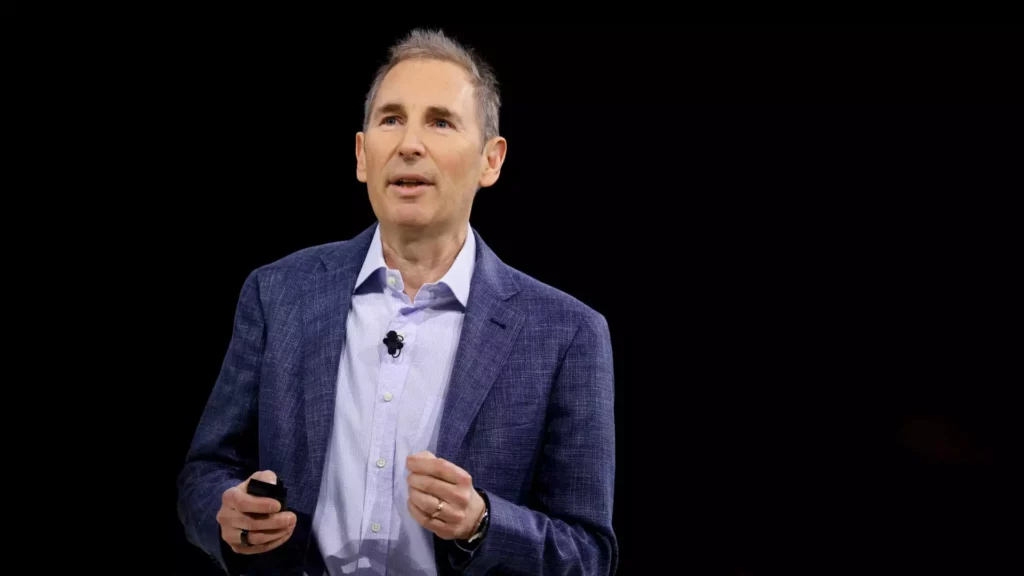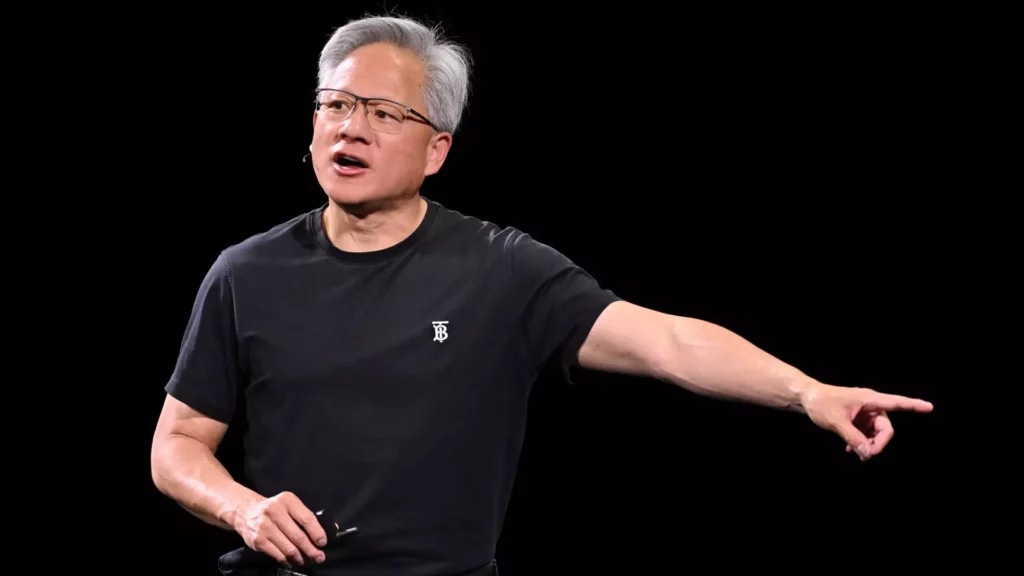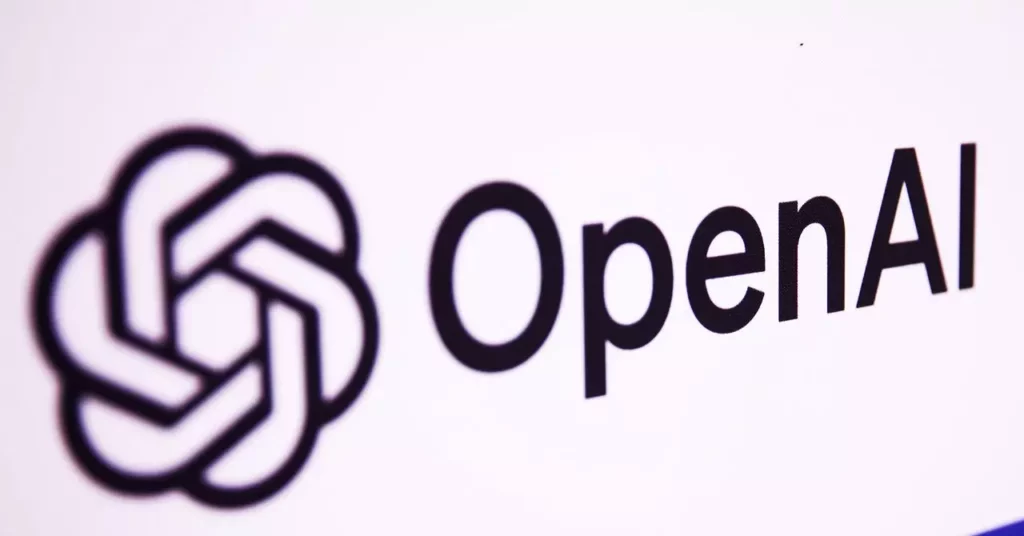In an era marked by pervasive digital surveillance and rampant data breaches, consumer trust is more fragile than ever. Meta, the juggernaut of social media and communication technologies, is attempting to fortify that trust with its ambitious offering: Private Processing for WhatsApp. This initiative stands out not merely as an enhancement to an already incredibly popular app but as a bold declaration that prioritizing user privacy should remain non-negotiable, especially in a world shifting towards artificial intelligence (AI).
Reclaiming Control Over Data
One of the most laudable aspects of Private Processing is how it empowers users by reclaiming control over their personal data. In today’s digital marketplace, individuals often feel like mere commodities—data points to be sold and manipulated. With the introduction of this new technology, Meta signals a firm resolve to pivot away from this troubling trend, reaffirming that user data should be treated with respect, rather than as a mere tool in corporate strategies. The integrity of the platforms we use can significantly strengthen consumer trust, something that Meta desperately needs to rebuild in the aftermath of its past privacy scandals.
The architecture of Private Processing utilizes a trusted execution environment (TEE) to create a secure enclave for data processing, curbing unauthorized access. With privacy becoming a battleground, this technical sophistication transforms privacy from a vague promise into a quantifiable reality. The diligent measures taken highlight Meta’s recognition of the public’s concerns—not just superficial fixes but a comprehensive, multi-layered approach to safeguarding user information.
The Finesse of Advanced Cryptography
To further enhance user belief in the integrity of its systems, Meta has woven advanced cryptographic techniques into the fabric of Private Processing. Concepts like Oblivious HTTP and Remote Attestation signify a technological leap that, until now, has been sorely lacking in the digital communication landscape. These protocols relationally keep user identity and data obscured while maintaining a robust engagement with AI functionalities. This innovative framework assures users that their interactions will remain confidential, a feature that should elevate WhatsApp’s status above competitors who only pay lip service to privacy.
However, as someone who leans towards center-right liberalism, it’s essential to remain cautious about Meta’s approach. This technology must not be merely an attractive marketing gimmick but rather a sustainable, actionable initiative that aligns itself with ethical standards. There’s a fine line between innovation and potential overreach, especially when discussing data handling practices. Meta’s history leaves me skeptical, but these steps do show a commitment to recalibrating its relationship with its user base.
Acknowledging Accountability and Transparency
Another striking feature of Meta’s Private Processing is its commitment to transparency. By opening up this environment for audits and allowing security researchers to validate the underlying technologies, the company is voluntarily placing itself under scrutiny, a move that represents a significant shift from its previously opaque operational methodologies. In a field rife with mistrust, such transparency can be transformative—not just for Meta but for the entire tech industry, inspiring others to consider accountability part of their operational ethos.
In creating a platform that encourages community oversight, Meta not only rebuilds its tarnished reputation but also embraces a culture of collaboration, enabling researchers to scrutinize and improve the technologies safeguarding user privacy. This demonstrates a willingness to leave behind the era of unilateral corporate decision-making, aligning itself more closely with the democratic values of dialogue and accountability.
A New Paradigm for Data Storage
Turning to the technical specifics, the temporal nature of data storage within Private Processing serves as a bulwark against bulk data breaches that are commonplace today. By ensuring that user data only exists temporarily, Meta significantly reduces the risk of mass vulnerabilities that have plagued so many platforms. This strategic foresight is invaluable, flipping the narrative from reactive data management to proactive security measures, all while maintaining user agency.
In our increasingly interconnected digital lives, this forward-thinking approach signals a potential paradigm shift in how data should be managed. Meta’s initiative embodies a commitment to treating each user’s interaction as a secure transaction rather than a part of a larger data pool ripe for exploitation. As cyber threats evolve, this adaptability could establish a new norm, not just for Meta but for the entire industry.
Setting Benchmarks for the Future
Ultimately, Private Processing is poised to set significant new standards in privacy within digital communication ecosystems. The implications extend beyond immediate innovations—Meta appears ready to pioneer a new trajectory that may redefine messaging platforms as we know them. With upcoming revelations concerning technical documentation and bug bounty opportunities, Meta showcases a commitment to continual improvement, setting a precedent that larger tech entities would do well to heed. In a world where user empowerment is imperative, these developments herald a future of digital communications that does not require sacrifice in terms of privacy and innovation.









Leave a Reply